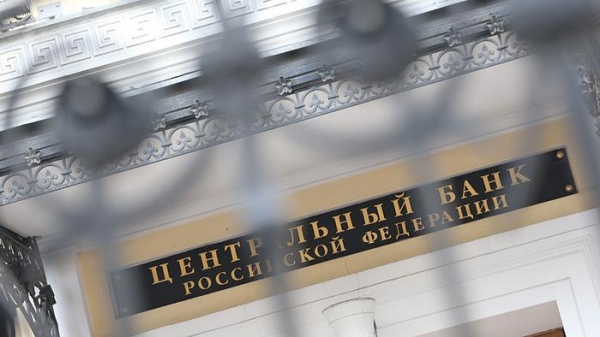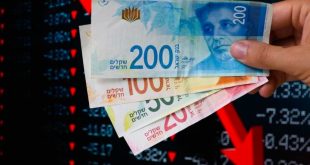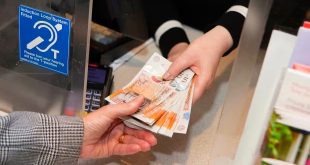
After the latest meeting, the Bank of Japan decided not to apply additional stimulus, taking a pause to assess the situation.
The decision to some extent unexpected, as analysts had forecast, though some incentives, because the strengthening of the Japanese currency in recent times negatively impacted the performance of the economy.
As a result, the market reacted to the sharp strengthening of the yen.
One of the few who did not expect changes in monetary policy, was chief economist at Deutsche Bank in Japan, Michihiro Matsuoka.
“We do not believe that at this stage some events will force the Bank of Japan to launch another round of easing. After being introduced negative interest rates, it takes time to understand how they affect the economy and financial market”, – he wrote in a client note.
Deflation is won. Despite all the efforts of the Bank of Japan’s acceleration in consumer prices, no result they bring.
The main indicator of consumer inflation in Japan, consumer prices excluding fresh food fell in March compared to the previous year by 0.3%, the highest fall since 2013
However, excluding food and energy prices, inflation in Japan was 0.7%.
Obviously, to boast of the Bank of Japan is nothing, because originally all these stimulus measures were meant to ensure that the Japanese economy could get out of the deflationary trap. As we can see, success was not achieved.
By the way, Bloomberg reports that before you make a decision about launching new stimulus, the Bank of Japan decided to await the publication of the latest economic data. It is unlikely the monetary authorities will be satisfied with the current state of Affairs.
That’s what this bill said the chief economist at the research center Tokai Tokyo Hiroaki muto: “it is Very difficult to imagine that inflation will reach 2% target by the end of next financial year”.
Given the fact that next fiscal year in Japan ends in March 2018, the objectives of the Bank of Japan is not possible even in the medium term.
By the way, the term of office of the head of the Bank of Japan Haruhiko Kuroda ends in April of the same year. Actually this man hardly anyone could envy. Available in his Arsenal of instruments of monetary policy do not give absolutely any results, while Kuroda keeps talking about some mythical positive price trend. His words have hardly anyone takes seriously, and the Bank of Japan is enormous pressure to take additional measures.
The Bank of Japan buys Japanese stock market
The latest shocking example of how closely intertwined Central banks not only in the market of Treasury and corporate bonds, but also in the stock markets: the Bank of Japan entered the top 10 holders of 90% of all Japanese shares.
In the words of Bloomberg, leaders of Japanese companies increasingly are working for the benefit of a single shareholder of the Central Bank, print money of the country.
Despite the fact that the Bank of Japan officially is not included in the regulatory reports for investors, the Central Bank of Japan, with the purchase of an exchange traded Fund, is now in the top 10 shareholders of approximately 90% of the companies in the Nikkei 225 Stock Average, according to Bloomberg. Now the number of Japanese “blue chips” has become a major shareholder, beating companies such as BlackRock Inc. and Vanguard Group.
In accordance with the current stimulus programme, the Central Bank buys ETFs annually, worth about 3 trillion yen ($27.2 billion). While politicians prefer not to disclose how these investments are translated into shares of the companies, information about this can be gleaned from publicly available regulatory reporting, regulatory documents of the companies and managers of ETFs, as well as from the statistics of the Association of investment funds in Japan. The Bank of Japan to comment on the findings of the Bloomberg refused.
Meanwhile, the facts obtained clearly indicate that “the Bank of Japan is in the top 10 largest shareholders in more than 200 companies in the Nikkei 225 index”.
In fact, the Central Bank of Japan controls about 9% Fast Retailing Co., the network operator of Uniqlo stores, and about 5% of soy sauce manufacturer Kikkoman Corp. Also, the Bank of Japan is the third largest shareholder in Yamaha Corp., the world’s largest manufacturer of musical instruments, and Daiwa House Industry, the biggest companies in the industry of residential construction in Japan. It is well known that the BOJ already owns more than half of all Japanese ETF. What many have forgotten is that by buying the ETF, the Bank of Japan also became the holder of the underlying shares. It was just unclear to what extent. However, this is only the beginning.








